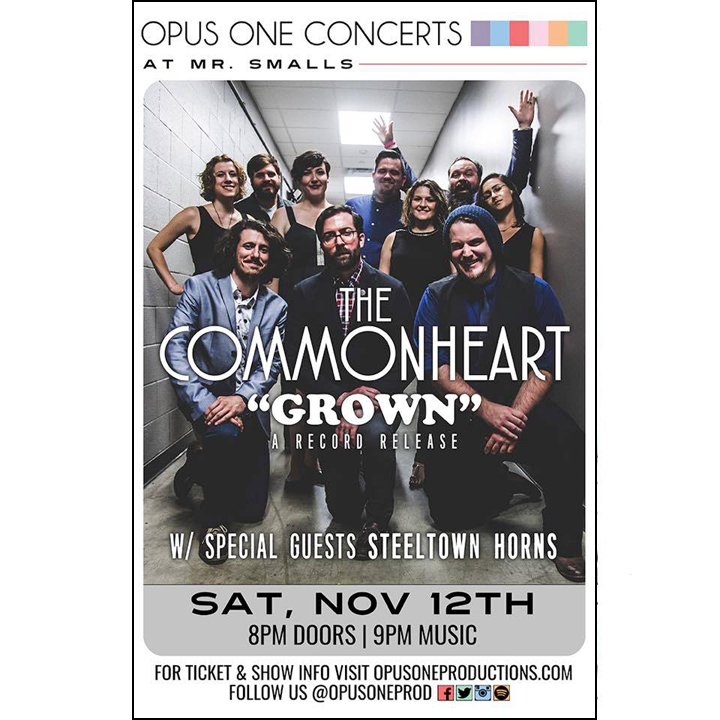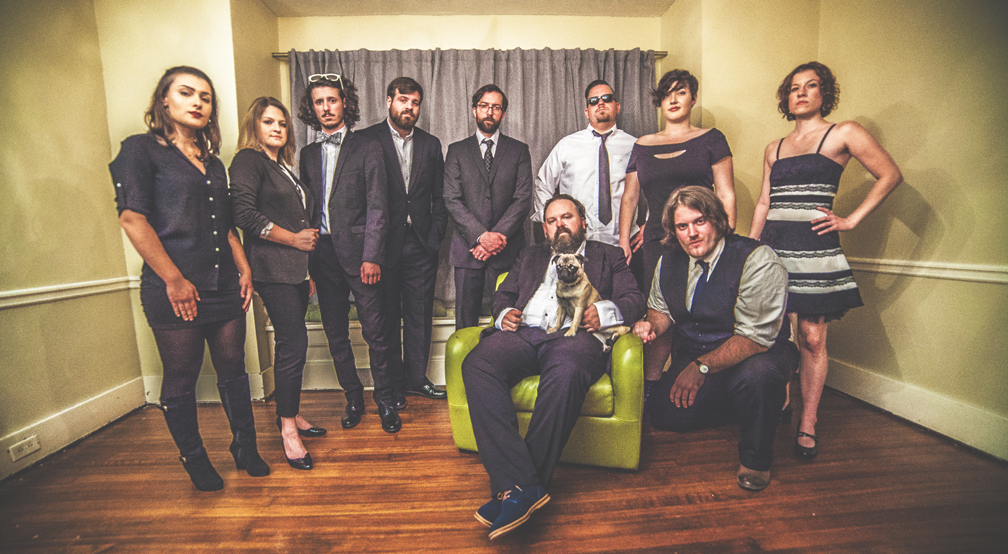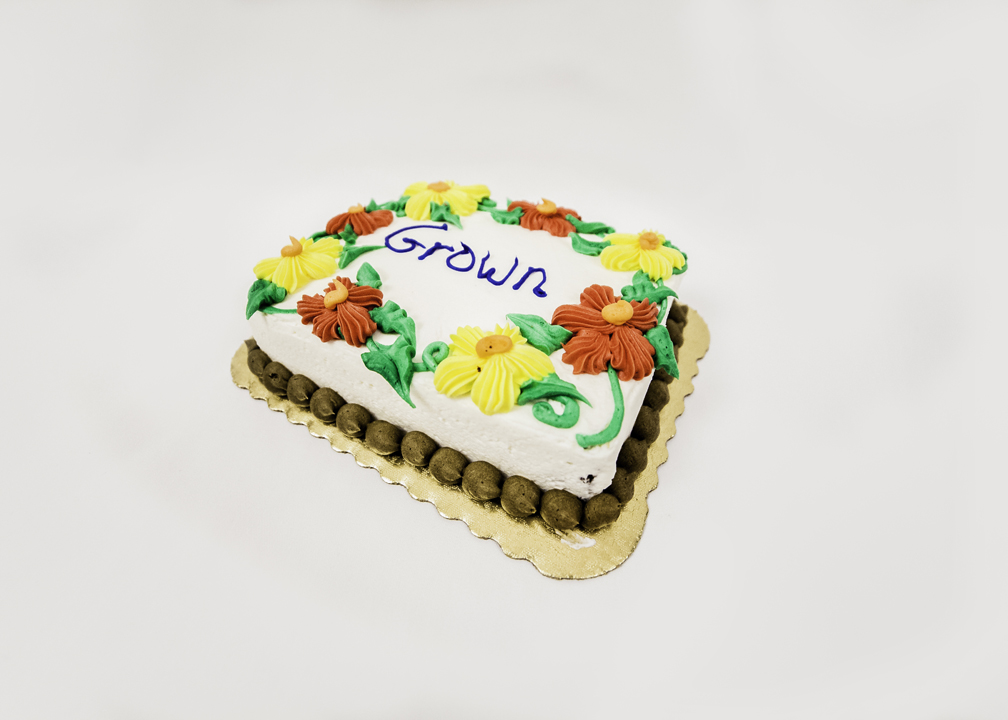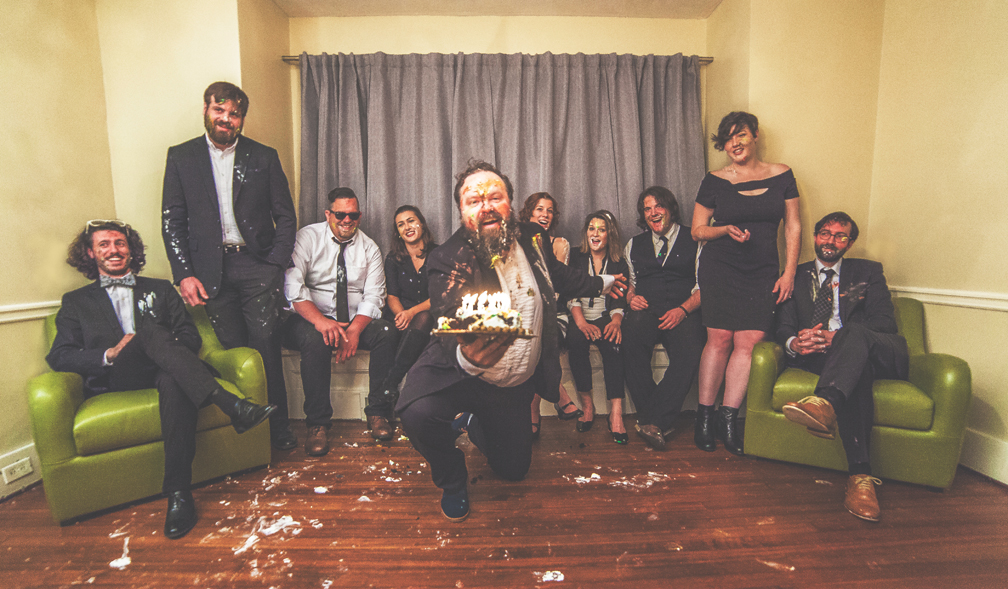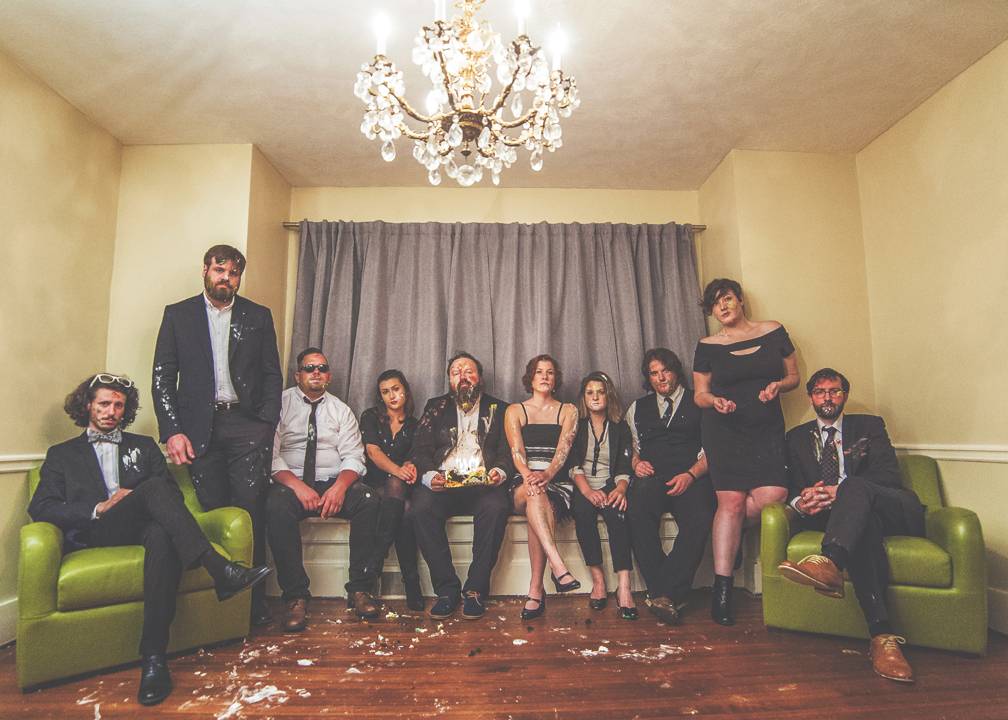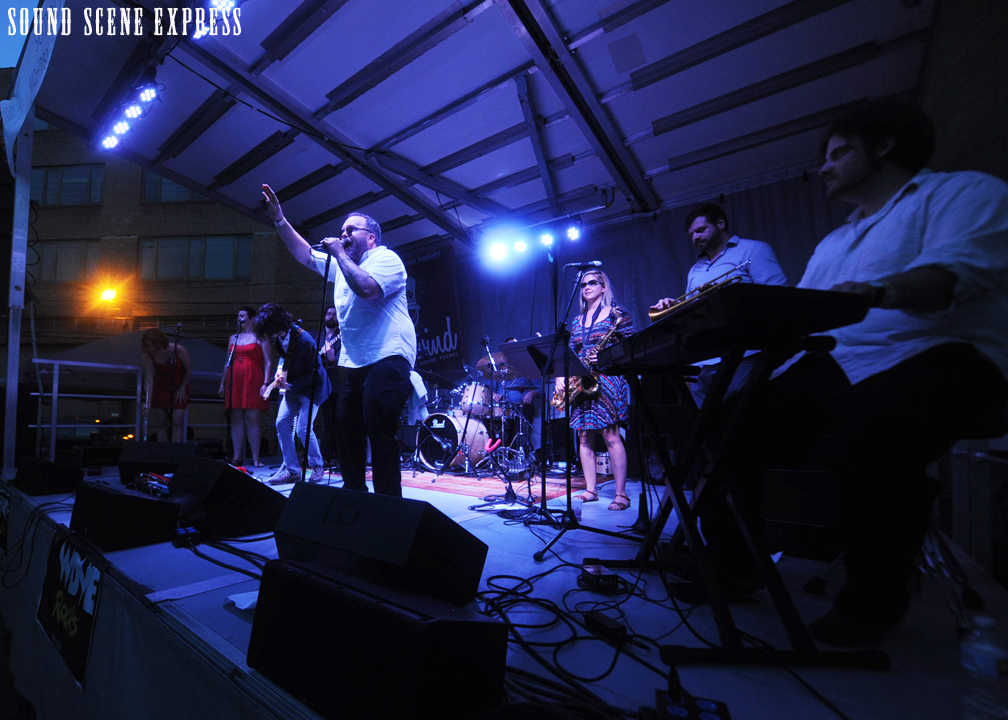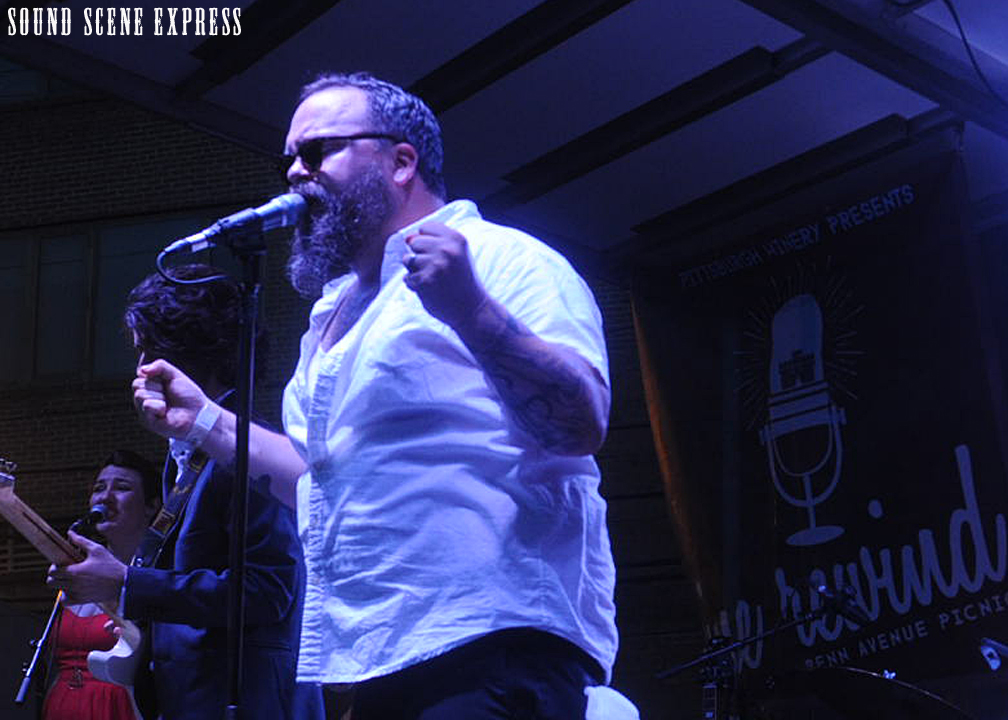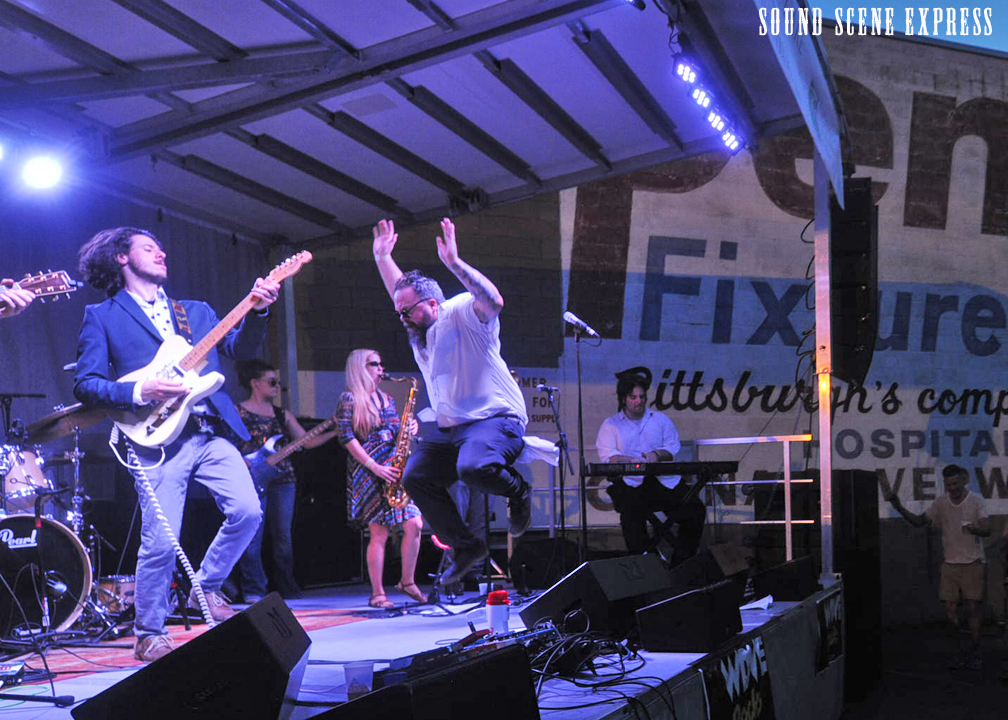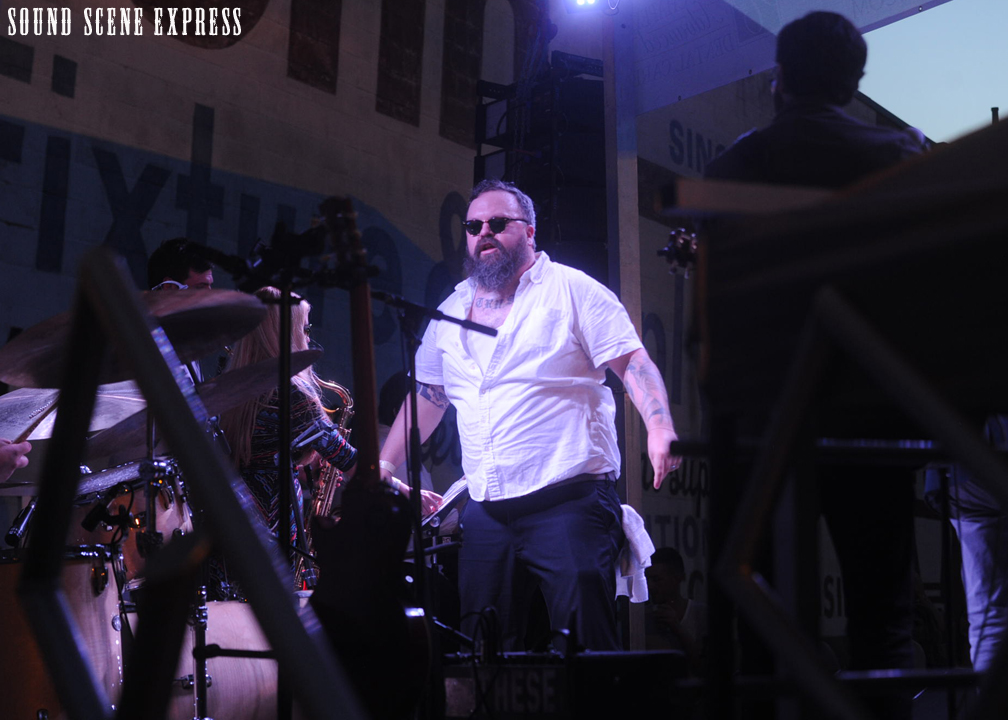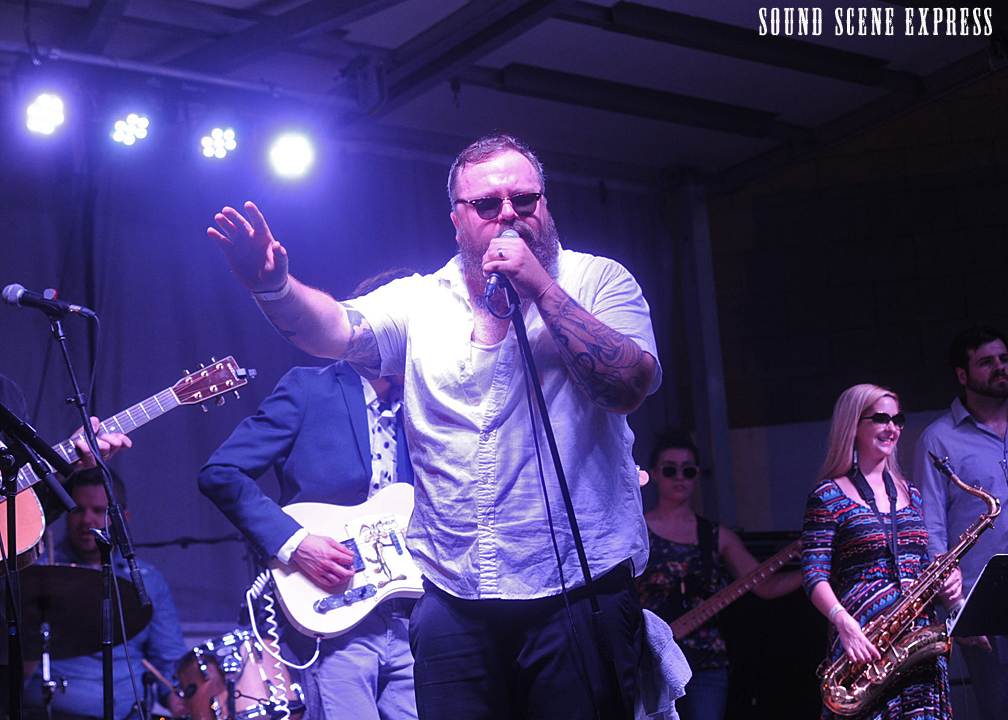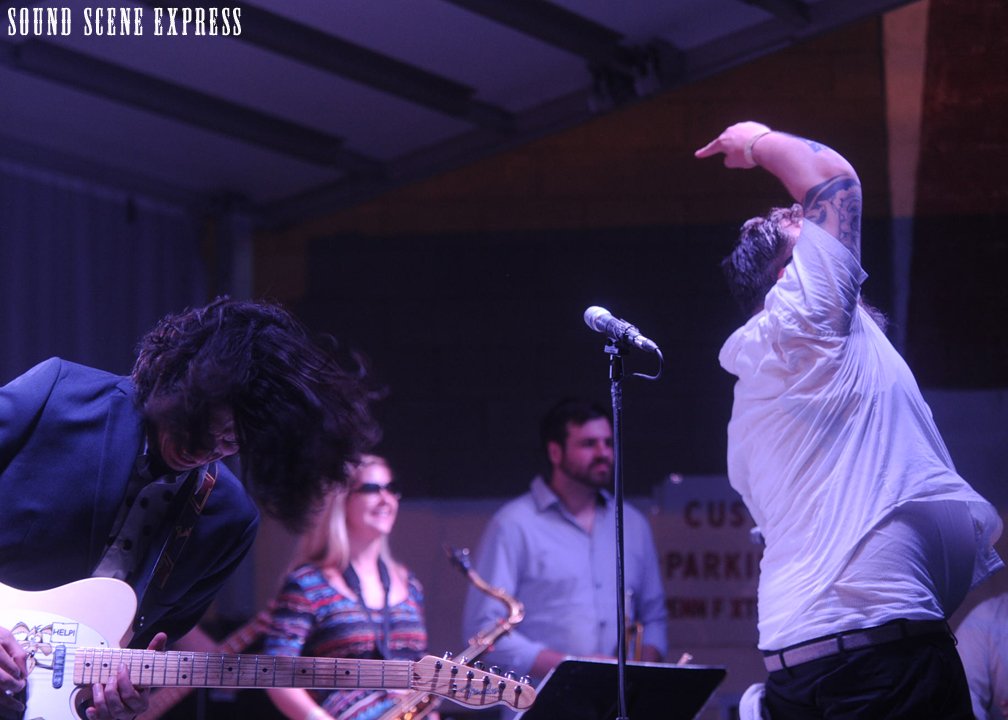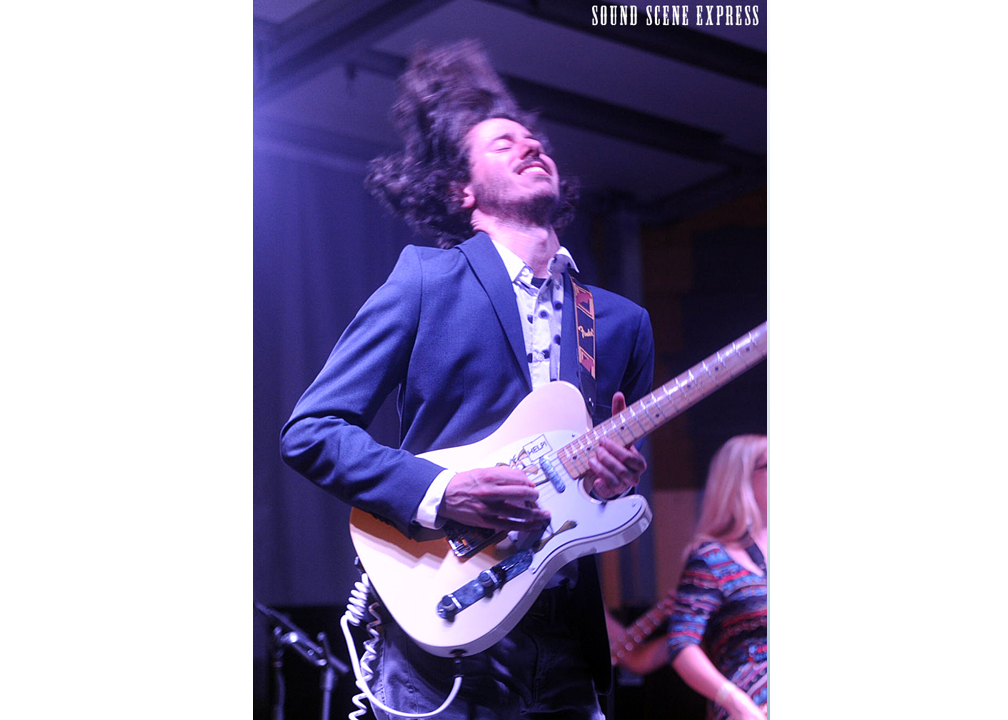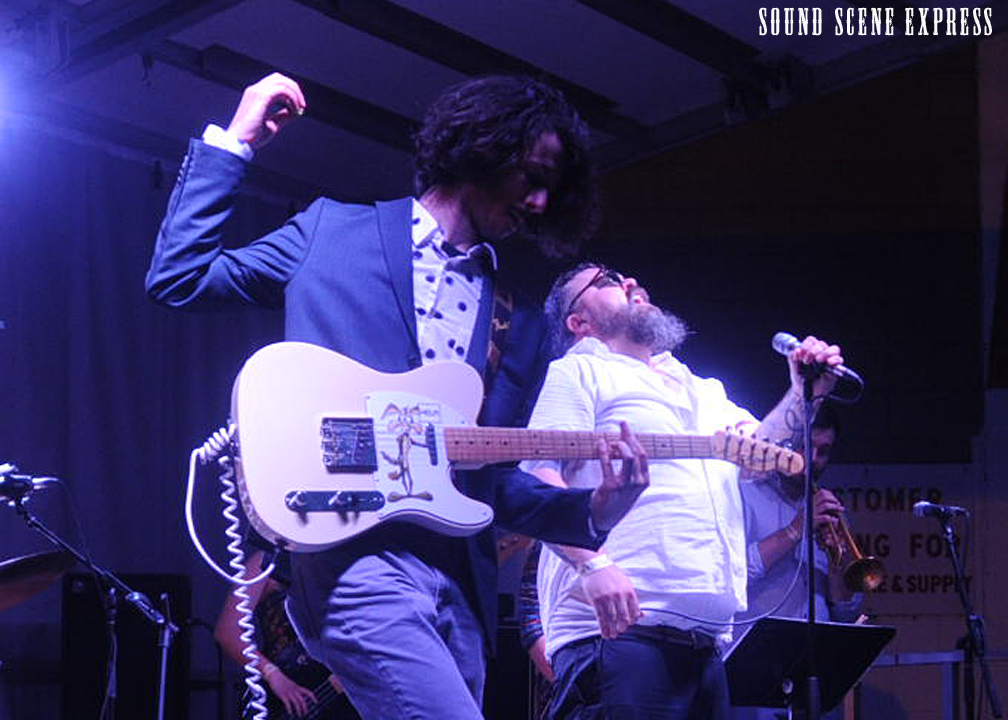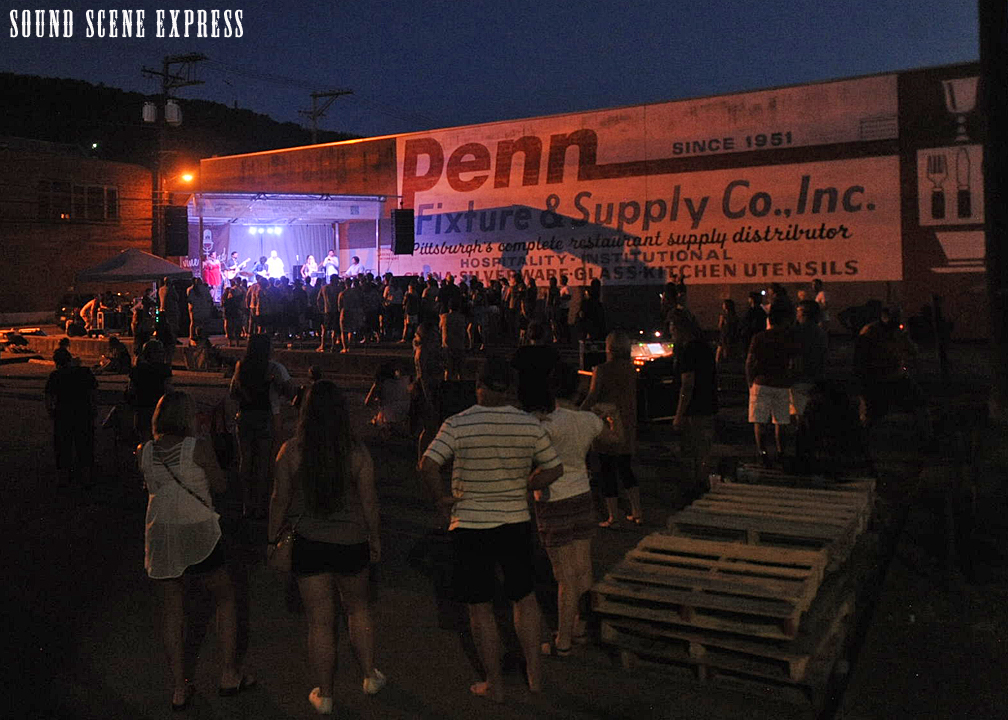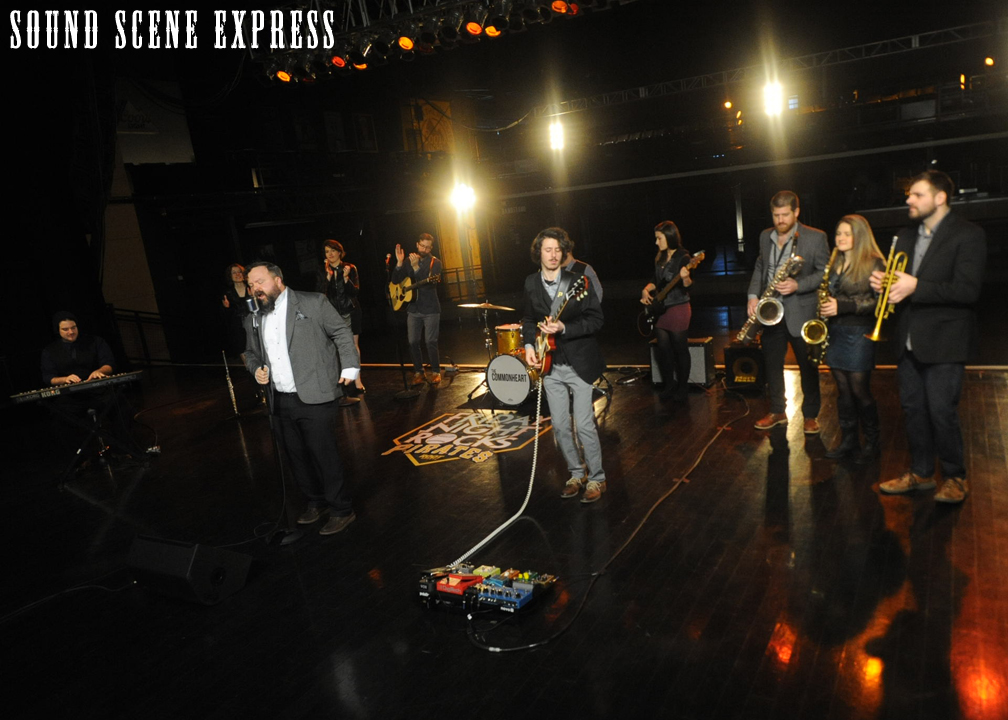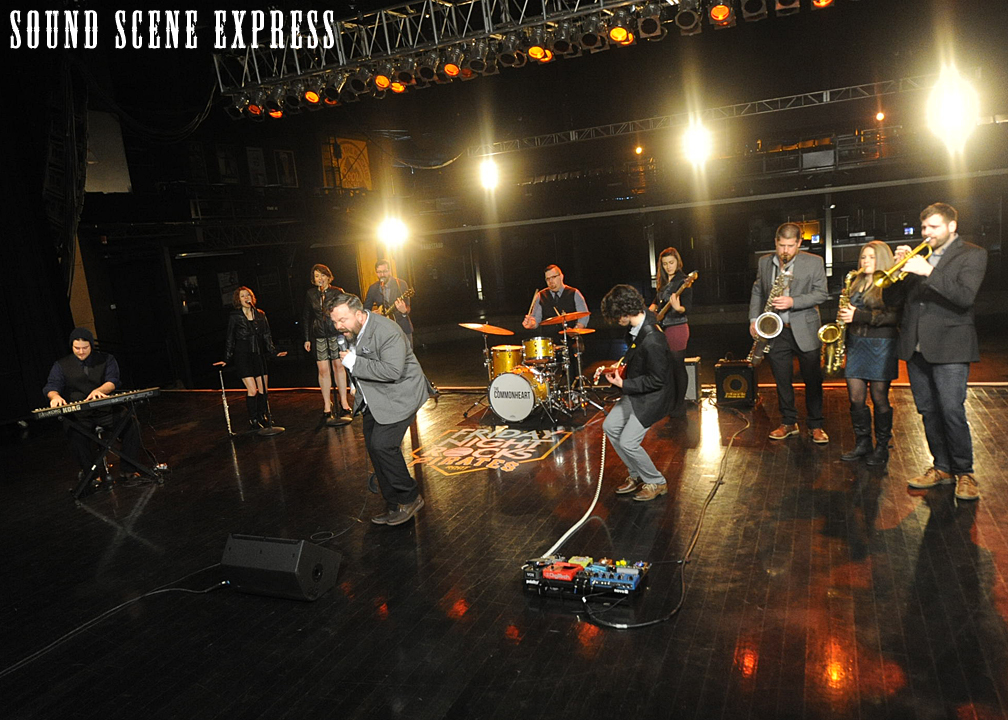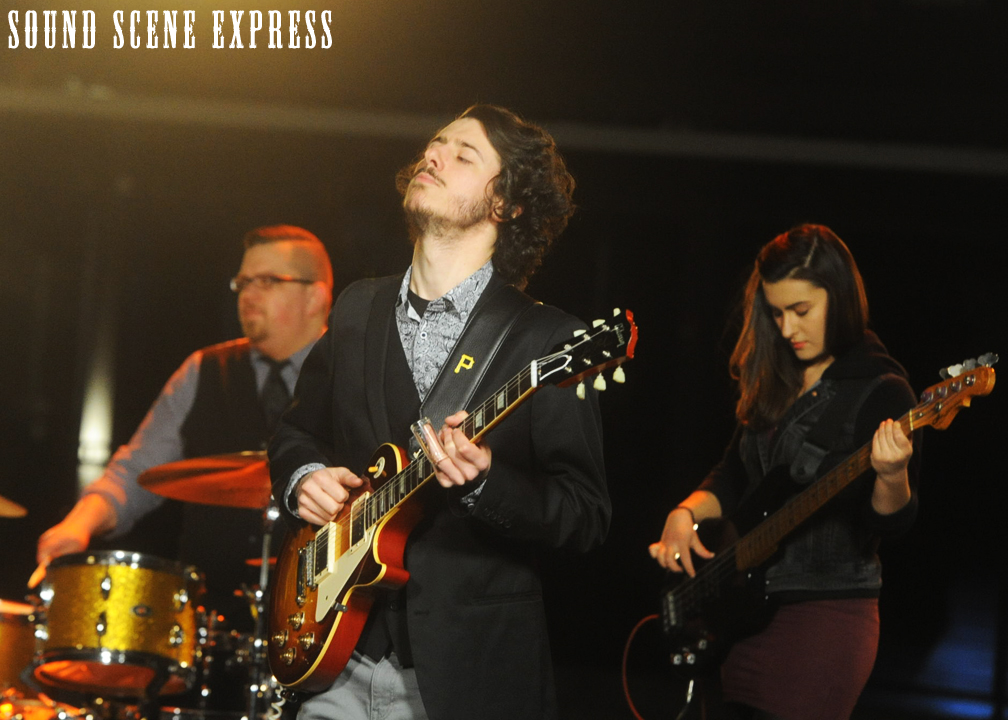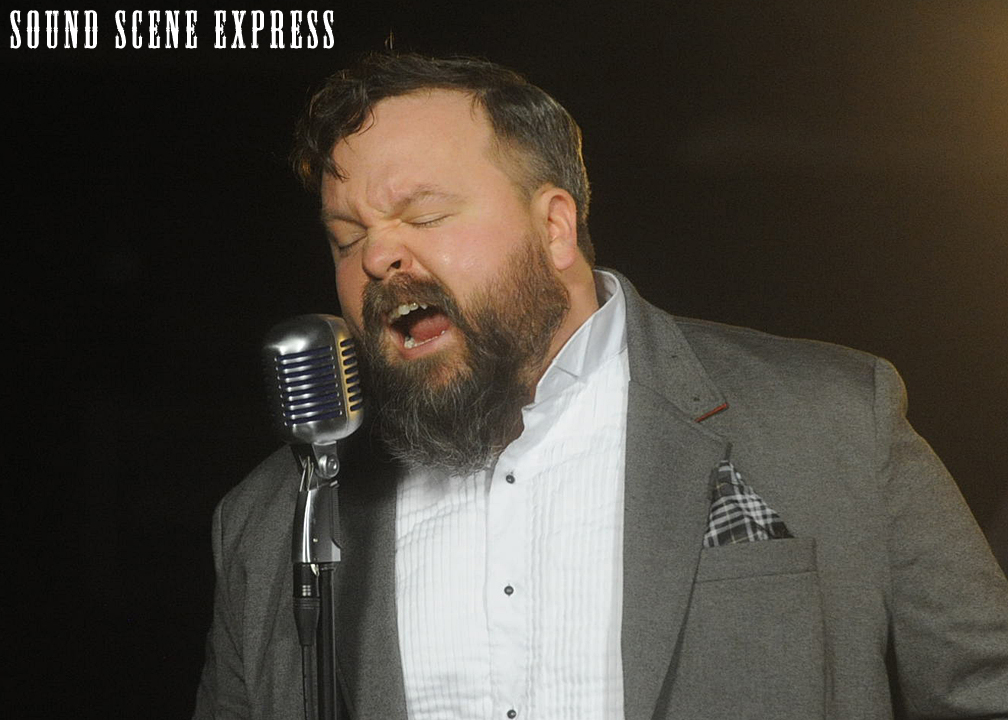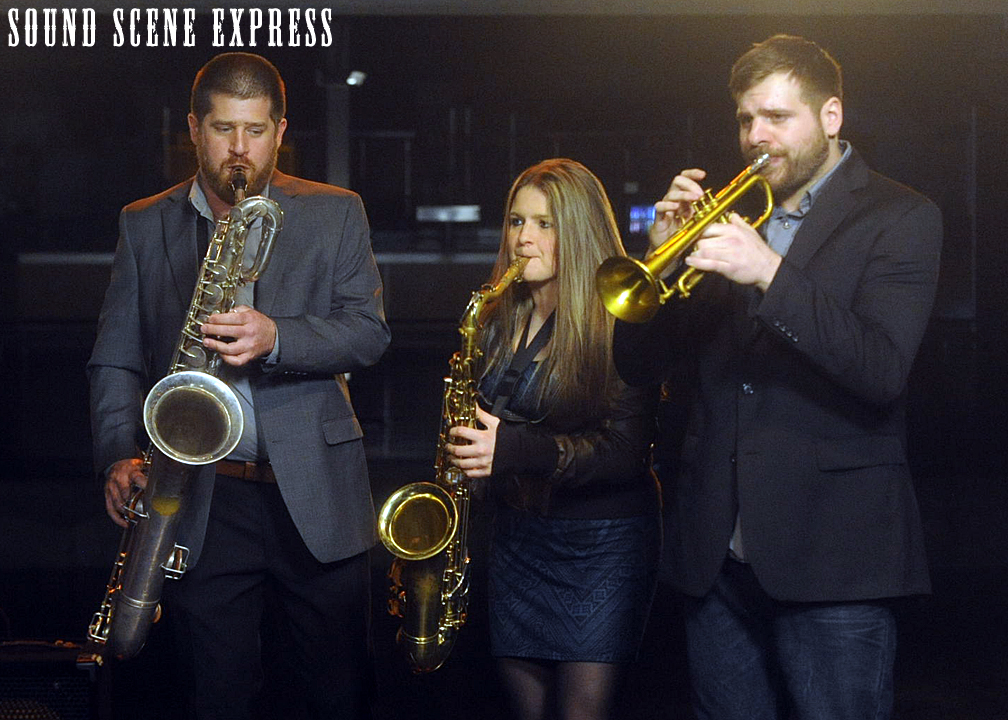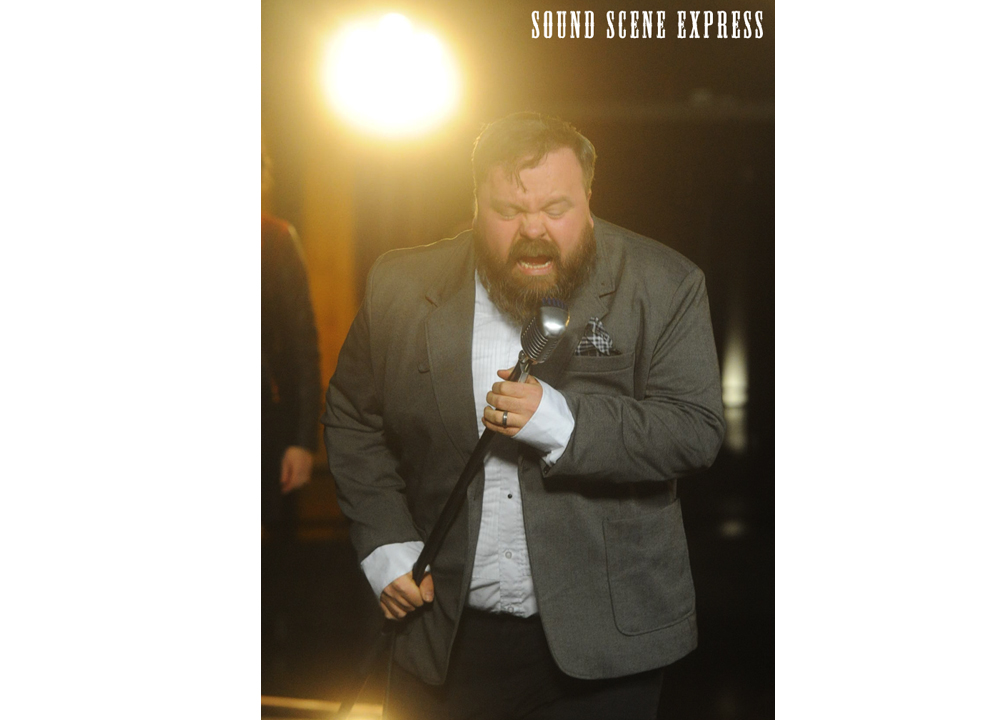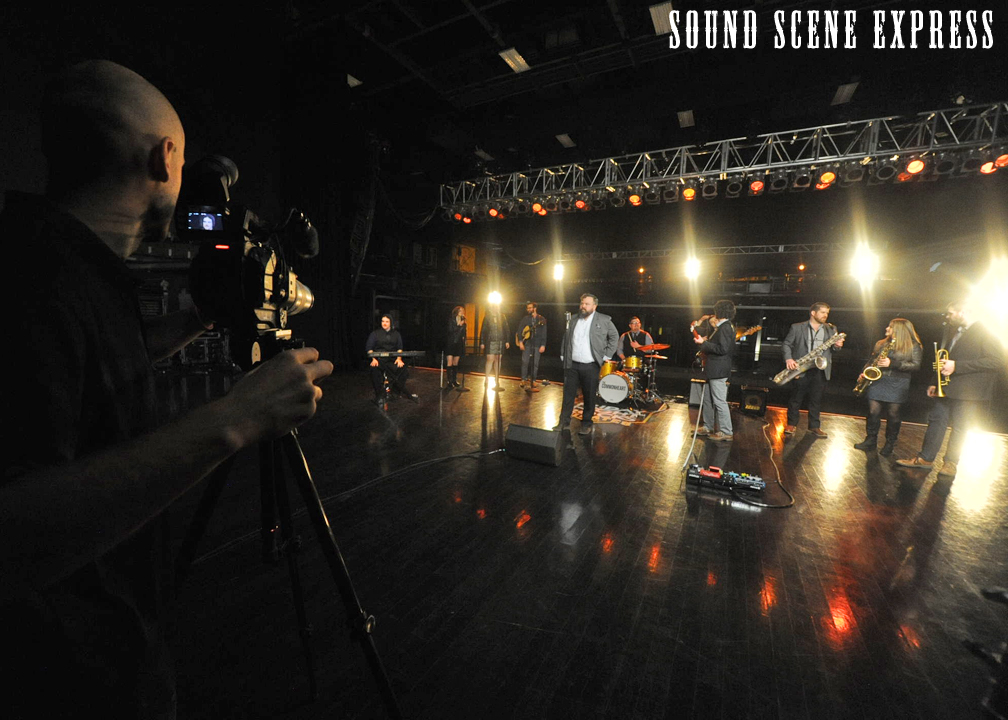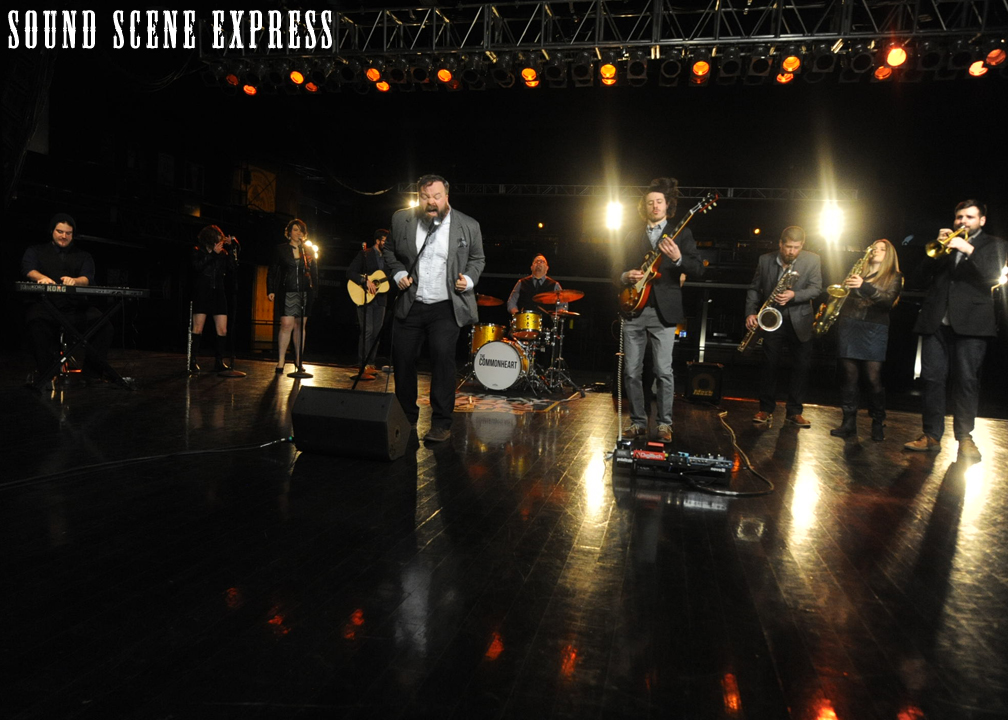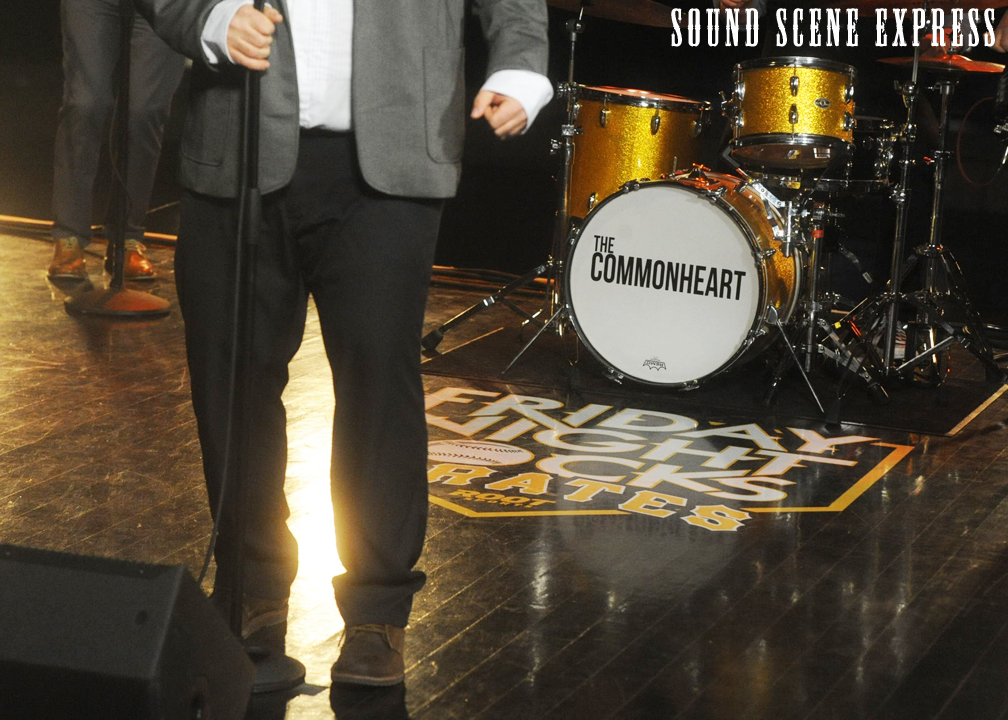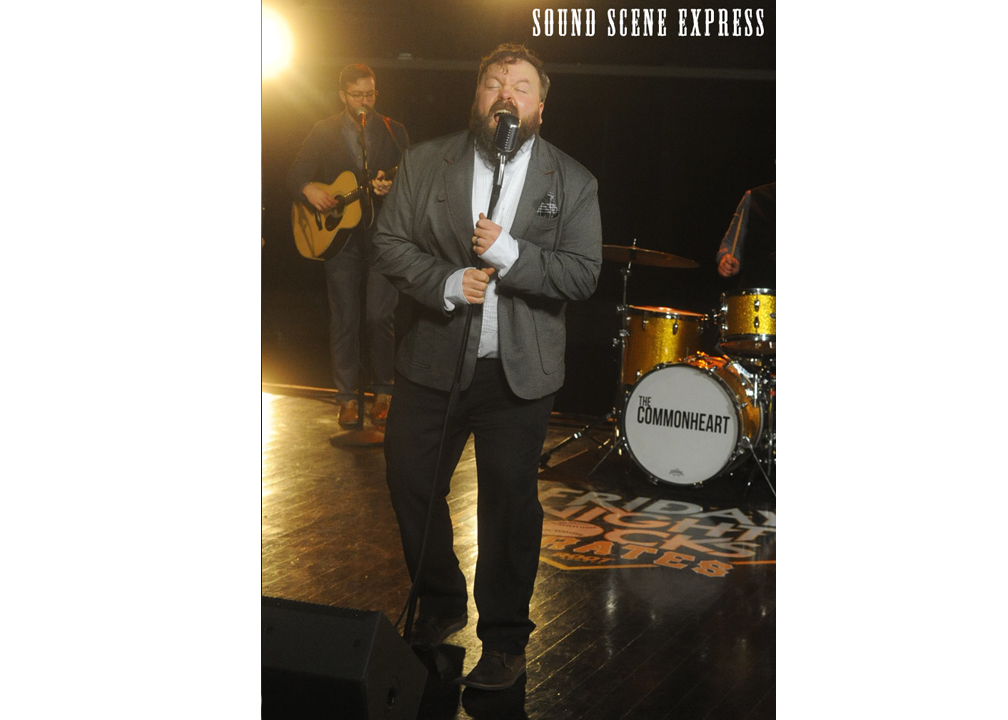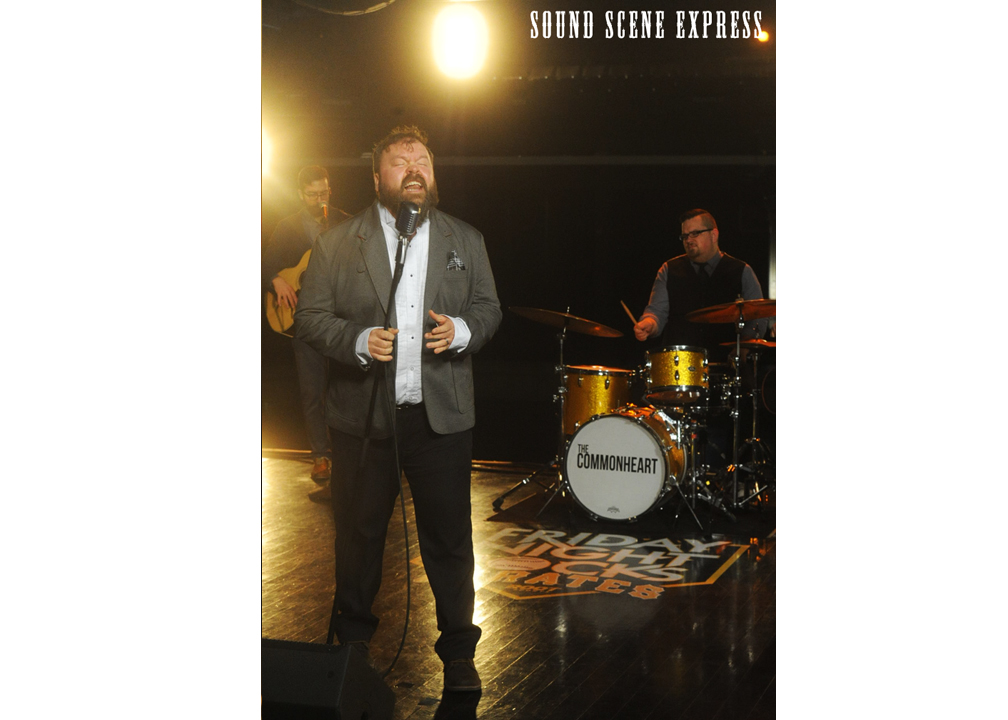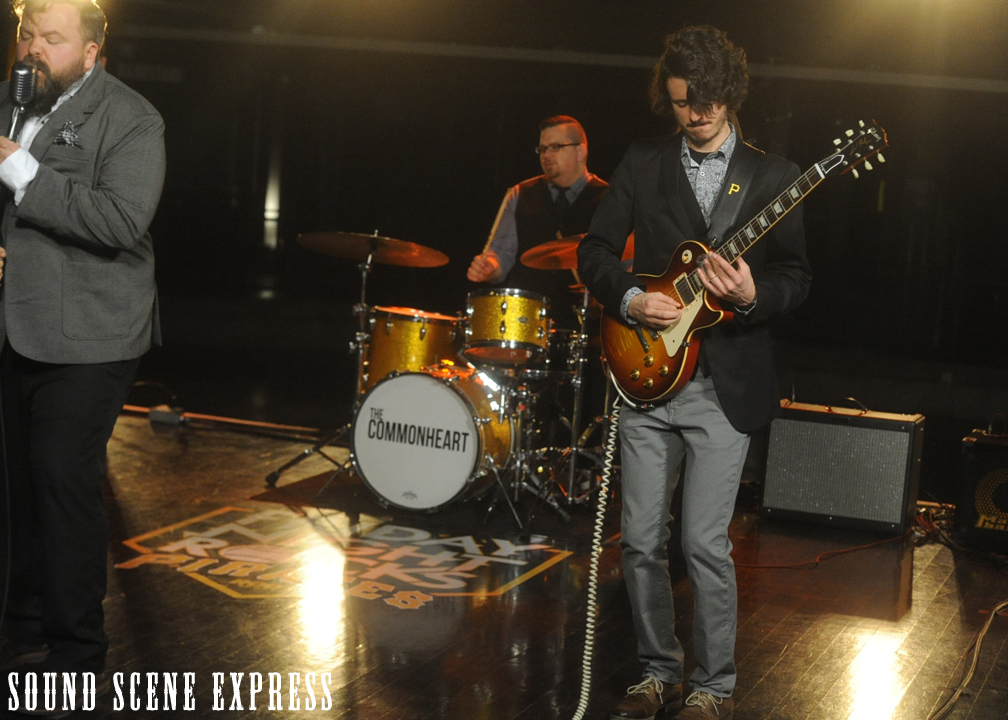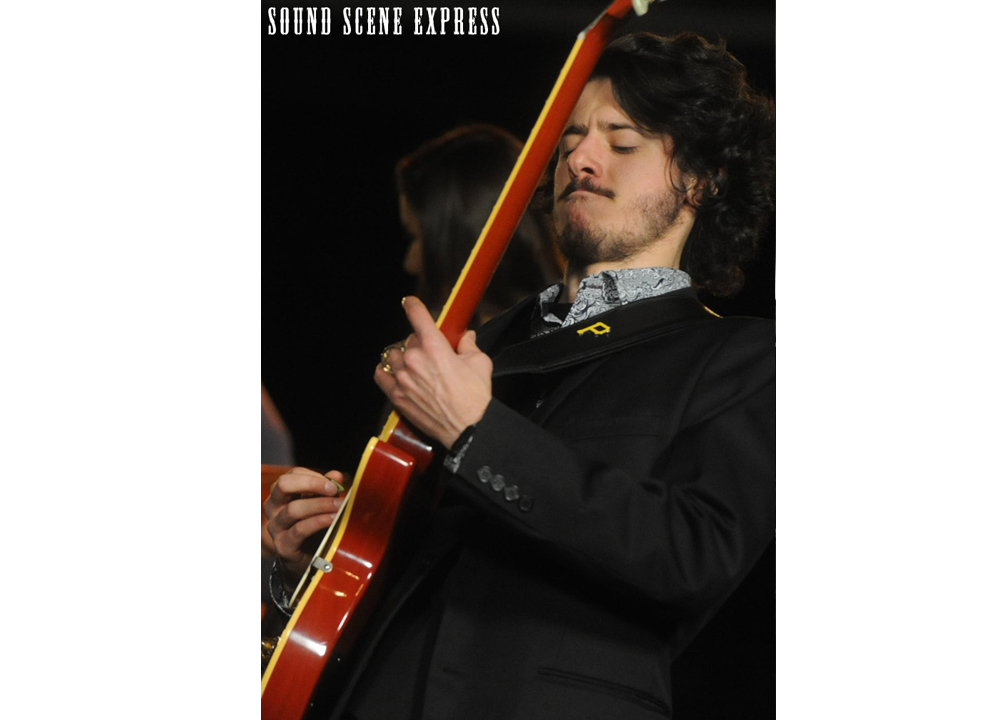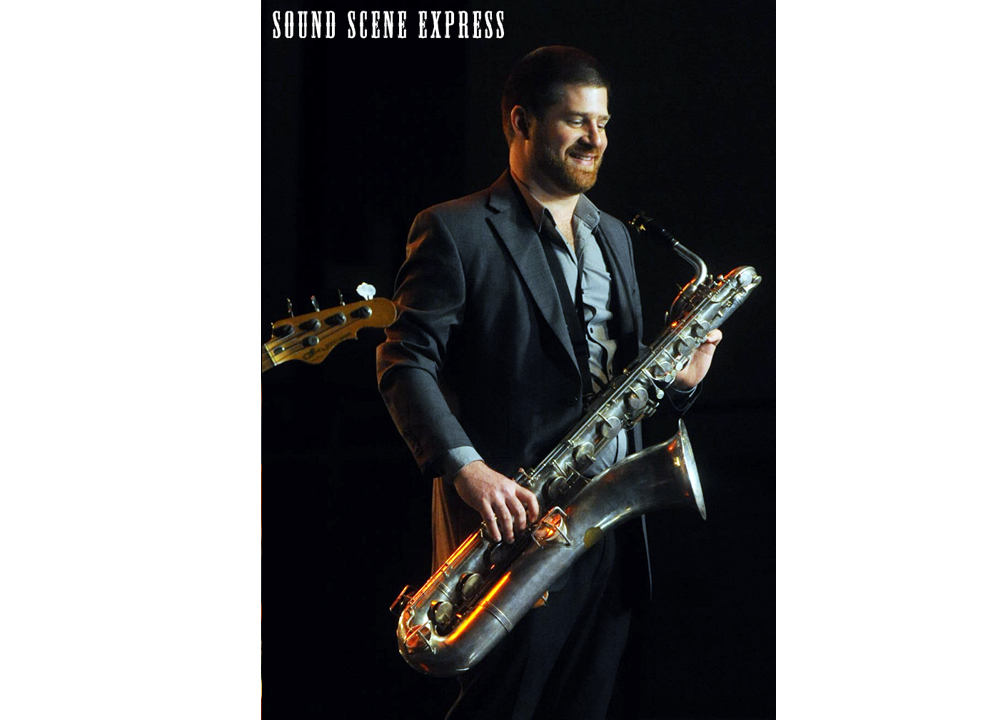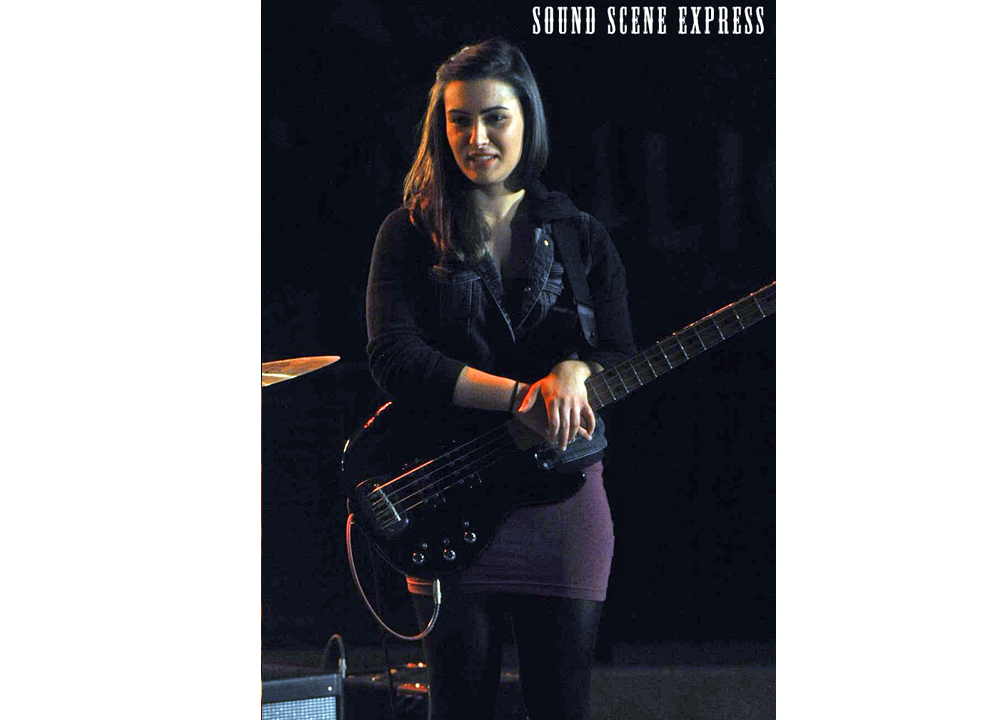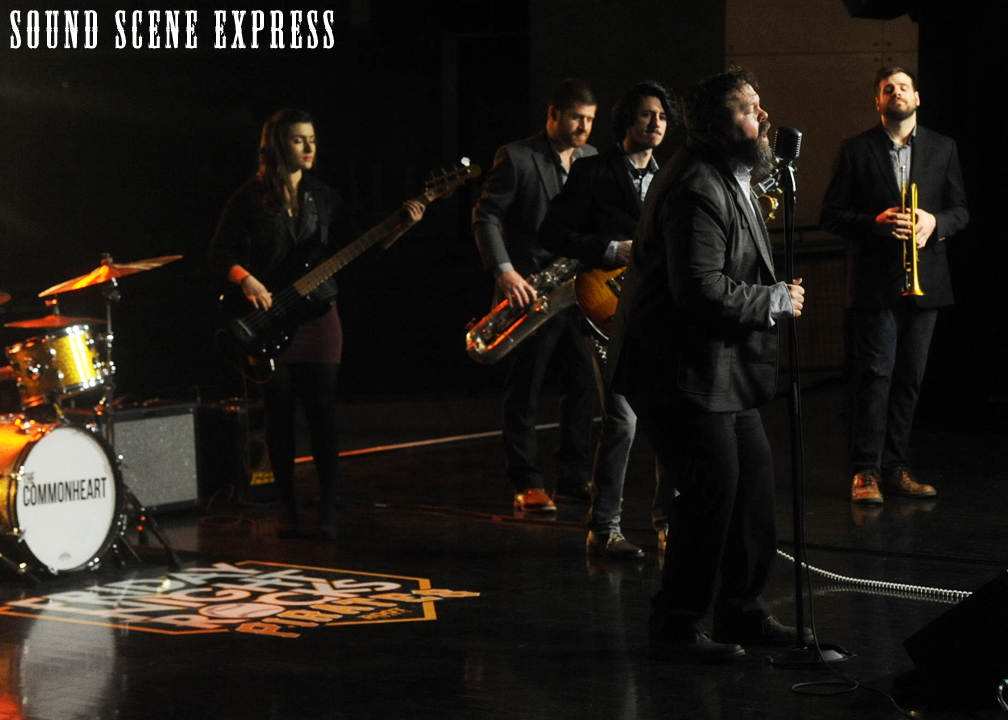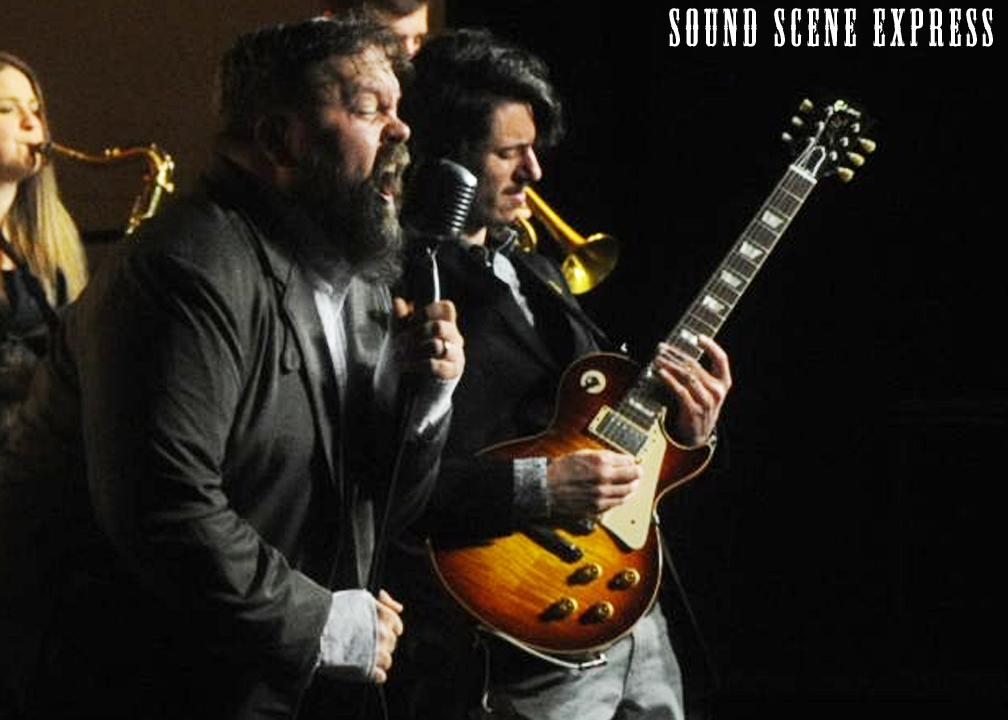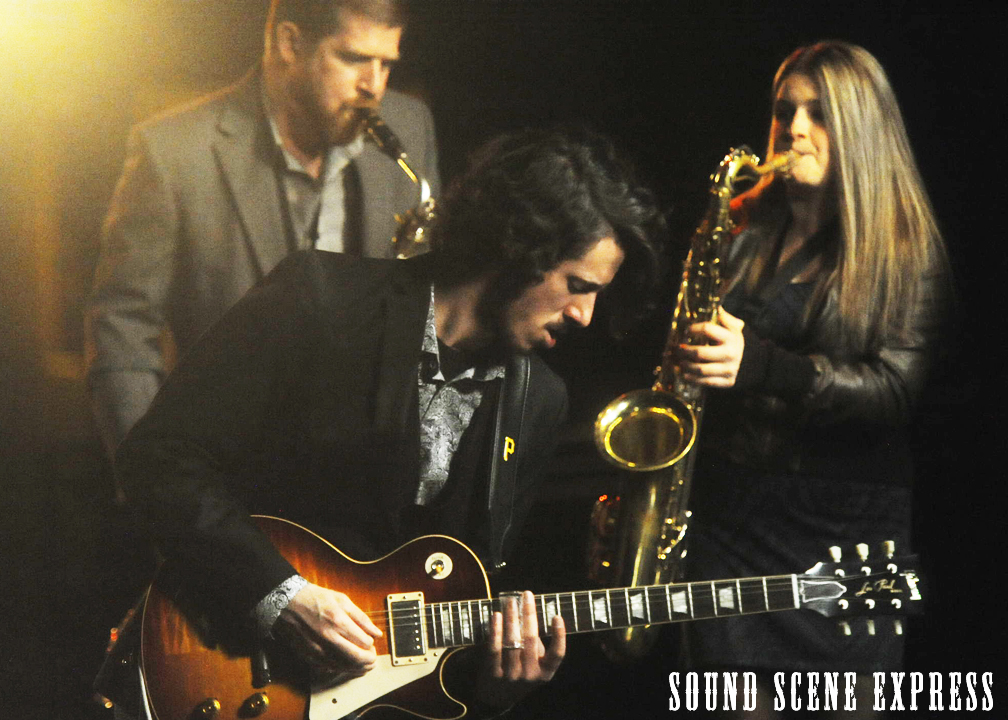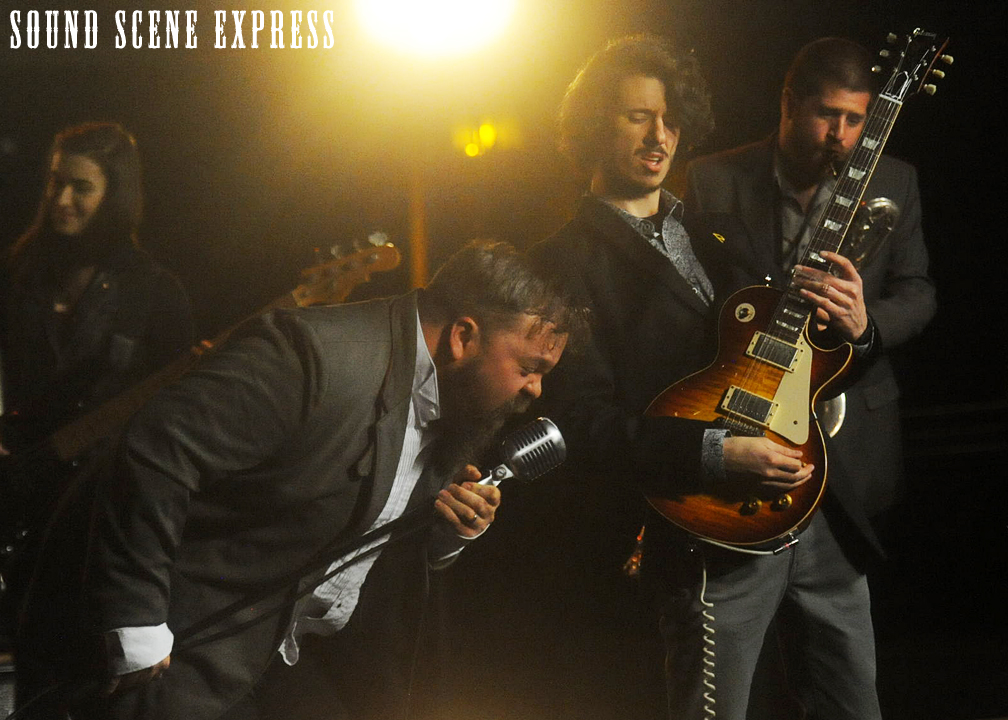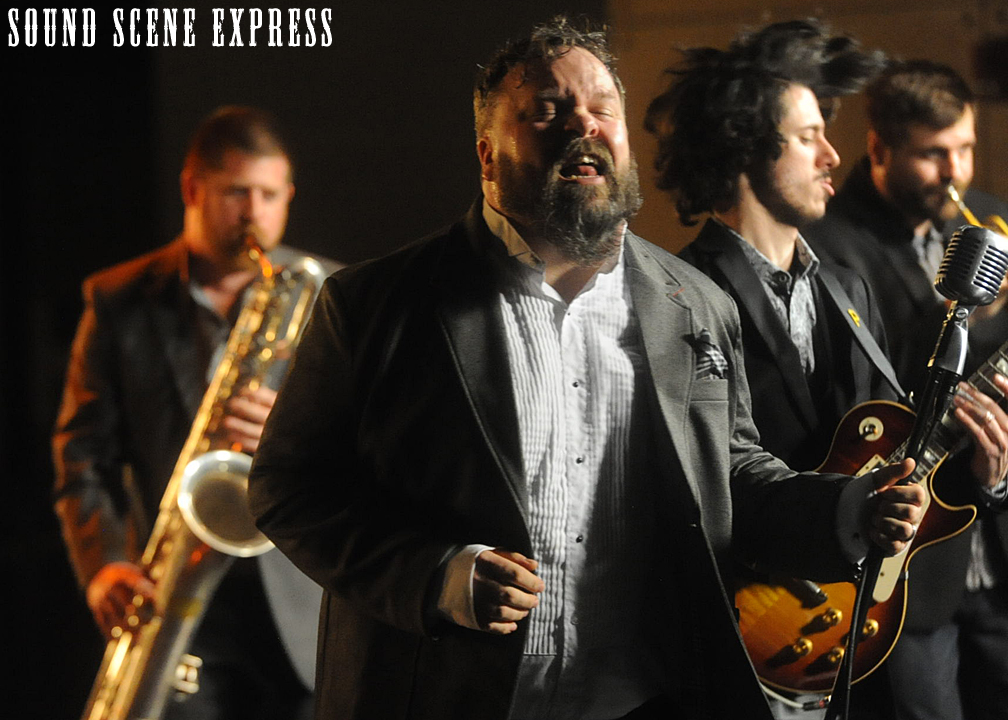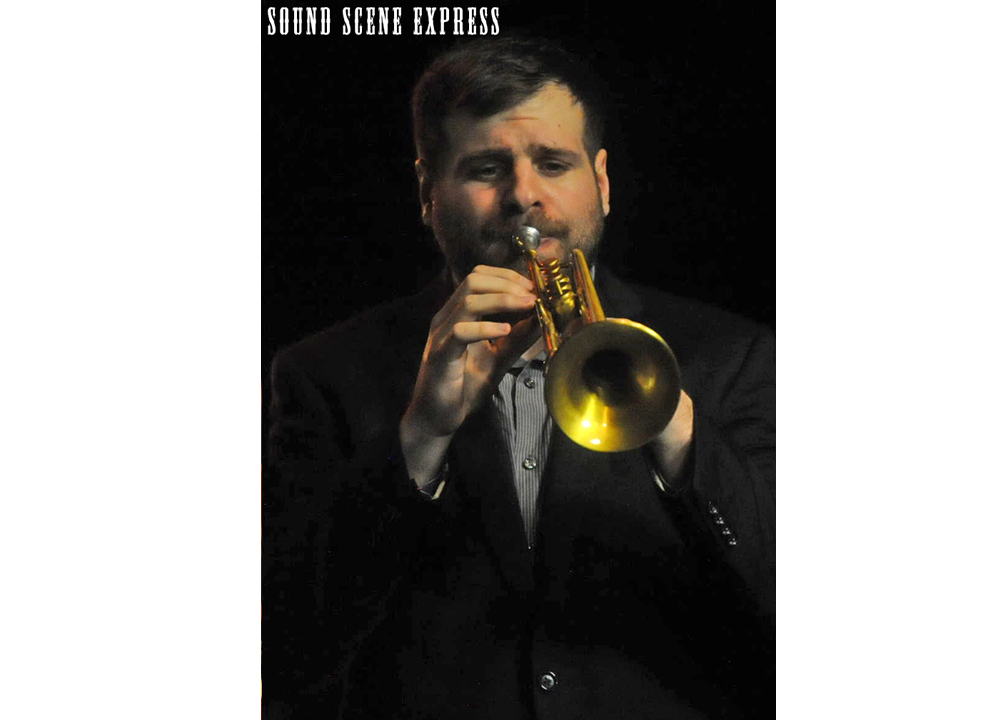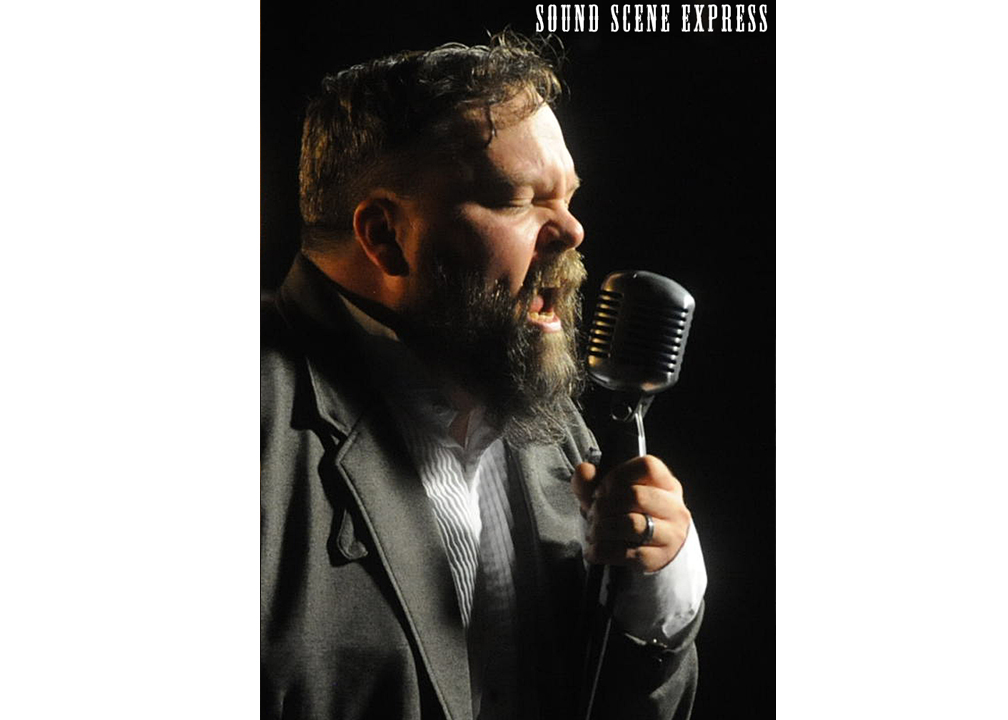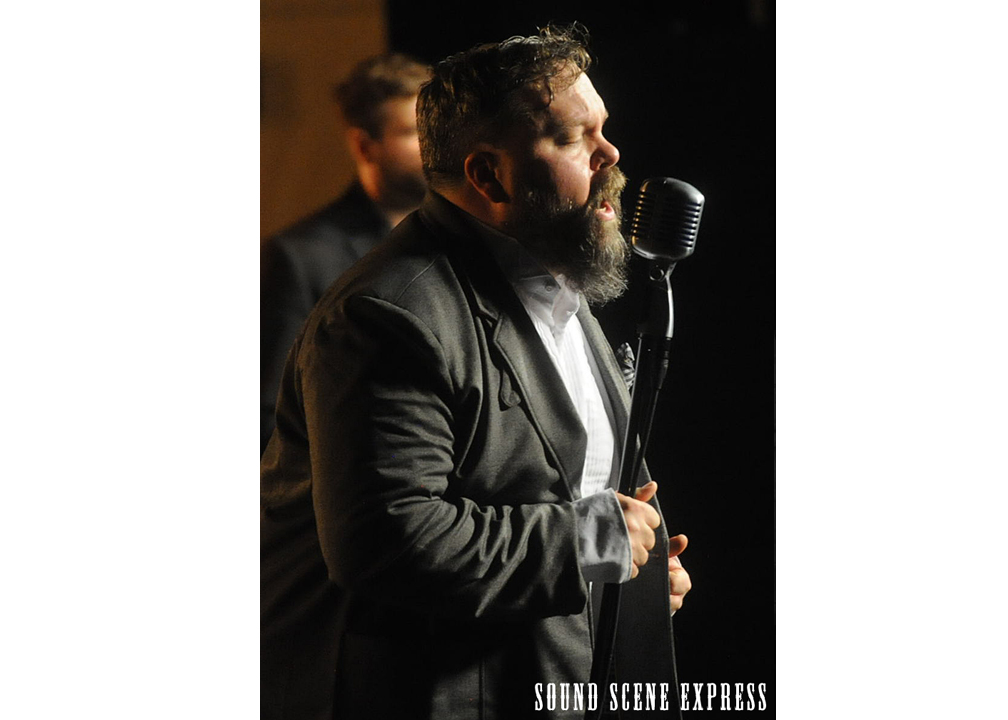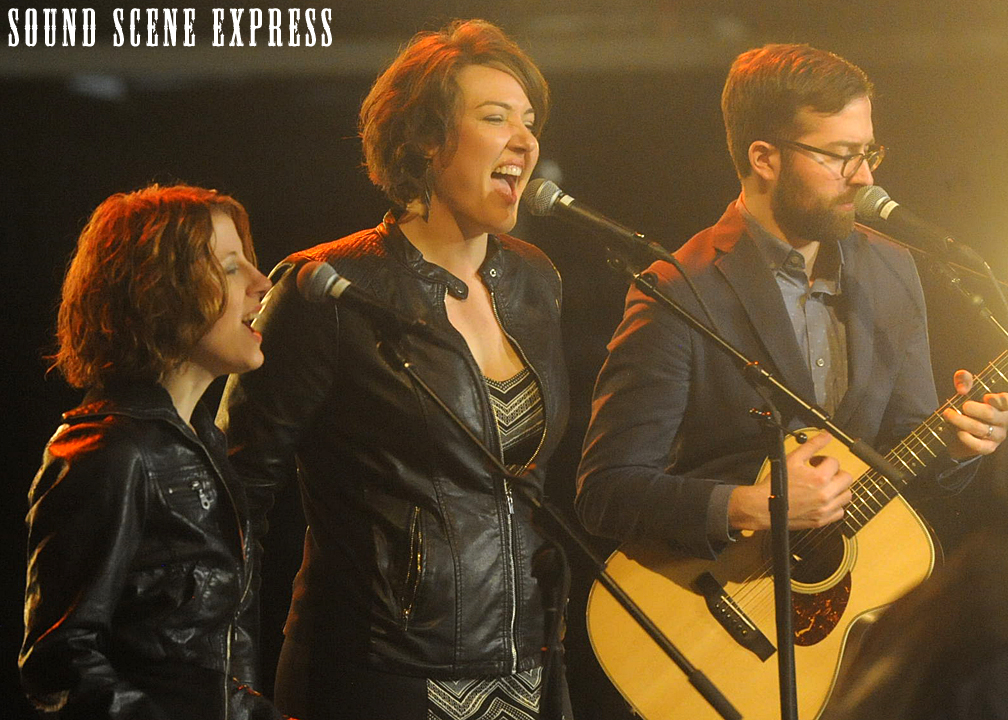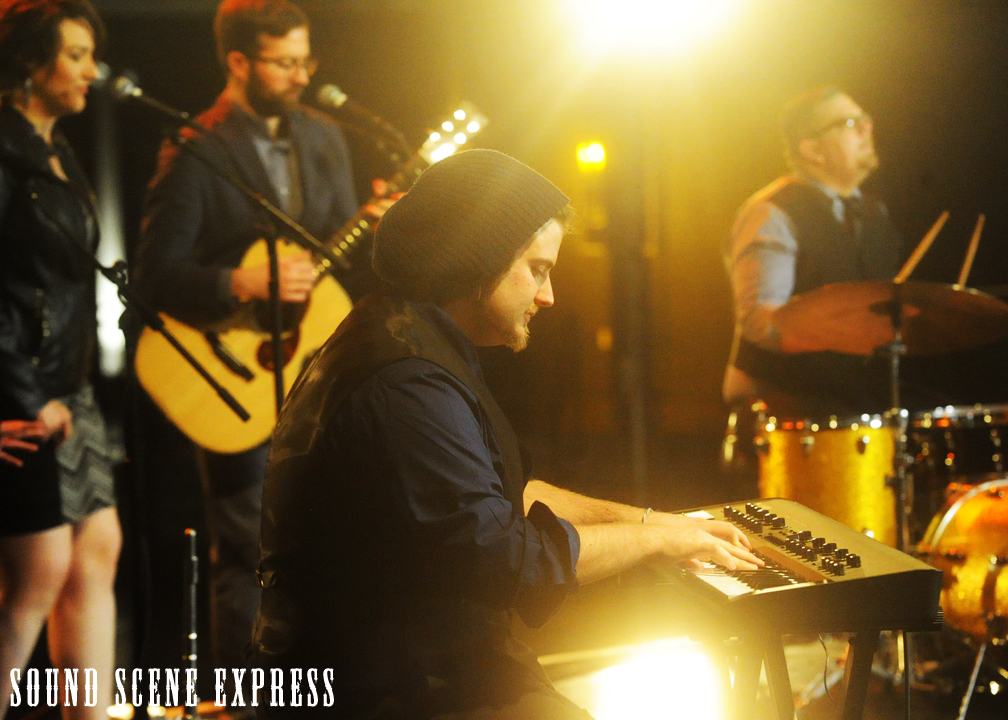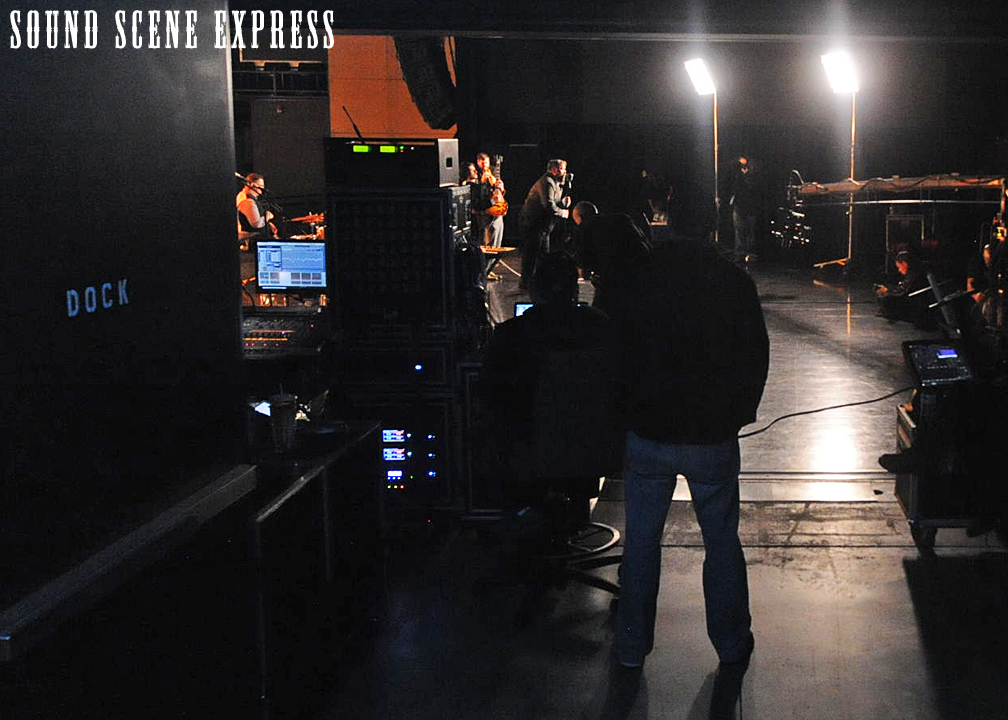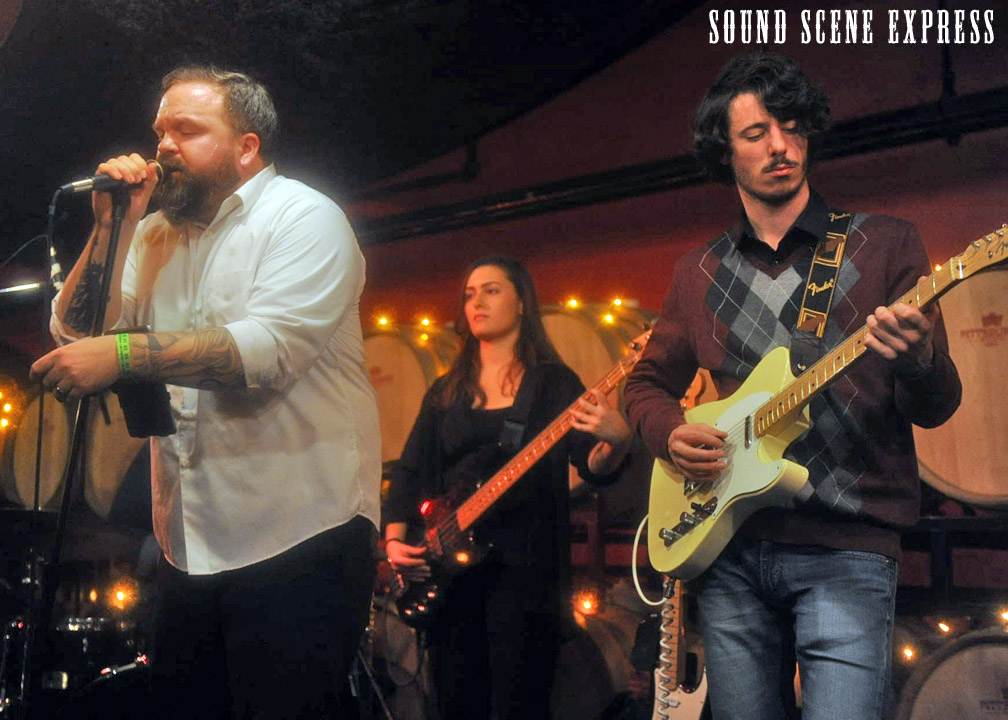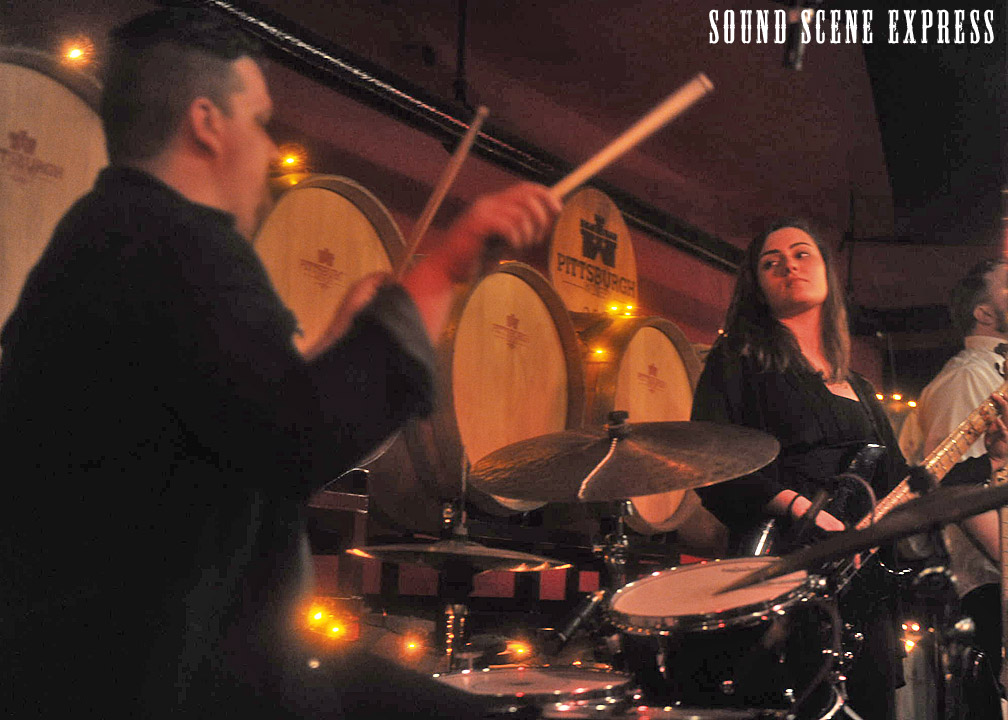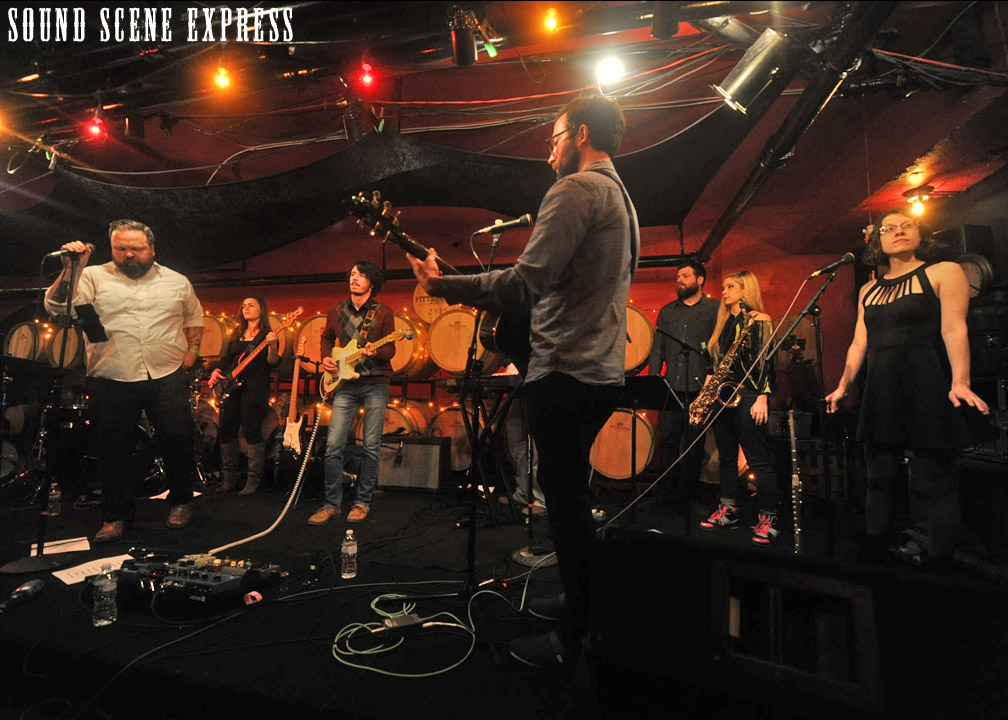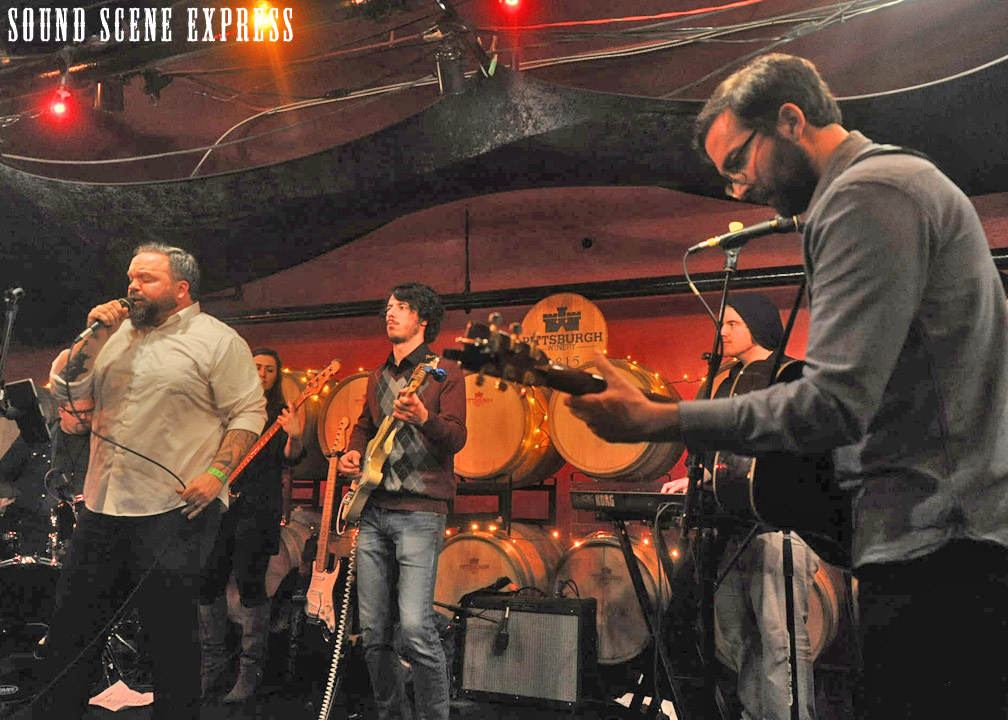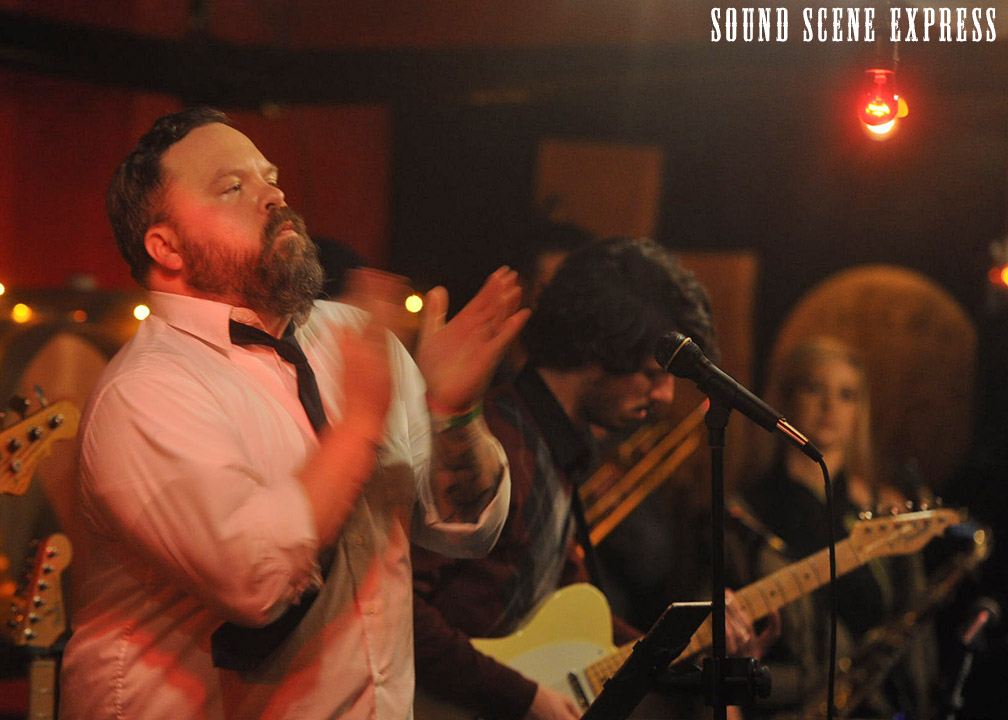The Commonheart
“Grown”
Release date November 12, 2016
By Melanie Stangl
From features on Root Sports, to a sponsorship with Iron City Beer, to regularly packing venues to capacity (and then some), The Commonheart have already made a name for themselves as local legends. Between their fun, engaging, soulful rock songs; skillful, energetic performances; and the unparalleled passion and vocal prowess of frontman Clinton Clegg, it’s pretty easy to see why. And with the release of the band’s first full-length album, “Grown,” on November 12th, the word “legend” only becomes more appropriate.
“Grown” is a masterful, cohesive work, one of those rarities in which every song shines. Precision and polish complement power and emotion. It shows a keen eye for balancing each instrument in its sizeable roster—saxophone, trumpet, keys, organ, the occasional flute, plus lead and backup vocals, along with acoustic and electric guitar, bass, and drums. The group avoids the all-too-easy traps of clutter and excessive bombast that are risks with such a large lineup, displaying a confidence and level of experience rarely heard in debut albums. Thoughtful, poignant lyrics coexist with commanding funk, impressive riffs, and infectious rhythms. There’s an incredible sense of both innovation and consistency; creativity that doesn’t leave anyone behind. Above all, this record is a repudiation of apathy, disguise, and hatred. It cares, it is unabashedly honest, and it’s full of love. The Commonheart’s sense of timing—both within the album and with its release date—is impeccable. “Grown” might not be the album that a trying, tumultuous 2016 deserves, but it’s the one it desperately needs.
The band consists of Clinton Clegg on lead vocals, Mikey Deluca on vocals and acoustic guitar, Lucas Bowman on keys and piano, Skip Sanders on organ, Mike Minda on lead guitar, Ava Lintz on bass, and Shawn McGregor on drums and percussion. Stephanie Bee and Jess Hohman also provide vocals, with Hohman contributing on flute as well. Elyse Louise is on saxophone, with Nate Insko on trumpet. A few additional musicians contributed specifically to the tracks “Hold My Hand” and “Questions:” Crystal Lee Morgan with vocals, Buddy Reiger with keys and organ, and Matt Booth with bass.
“Who Dat Mama” is an inviting, confident introduction, combining the group’s soul sensibilities with a classic rock vibe for something undeniably fun. A midtempo, head-nodding groove repudiates the lyrics, which deal with frustration and restlessness: “A thousand faces all start to look the same/Familiar song, with a different name.” The moments when Clegg is supplemented by his backup singers Deluca, Bee, and Hohman work particularly well. Their rendition of lines like, “Day after day I would look in the sky for something, but it never came,” falls somewhere between confession and exclamation. Triumphant brass jams out with high celebratory organ in the song’s infectious main riff, and Mike Minda’s insane guitar chops are displayed with a shredding guitar solo. This track gives a great taste of what’s to come.
“Hard Way” pairs smooth, funky instrumentals with nostalgic lyrics, a fitting soundtrack for cruising down a highway, thinking about life. Lintz’s bass is more prominent here, echoing Minda’s guitar in the verses and showing the group’s astute sense for balancing melodic highs and lows. Inska’s trumpet also takes the lead in the brass section, enhancing the track’s upbeat vibe. In that singular, Bob-Seger-but-richer voice, Clegg recalls his early life and the things he had to learn the ‘hard way:’ “Oh, we was out of control/I was running the streets at twelve years old/Nothing in this world made much sense to me…” Still, he decides, “If I could go back Lord, I wouldn’t change a thing.” Keep an ear out for Bowman’s rhythmically and melodically complex electric key solo two minutes in—it’s a fantastic surprise.
Up next is “Cannonball,” a slow, soulful jam that contrasts pretty music with lamenting lyrics. The build-up at the song’s beginning—first acoustic guitar, then light drums and organ, increasing in intensity before coming in full force with the brass section—is one of the best intros on the record. Over subdued, lilting instrumentals, which pause and drop out strategically to great effect, Clegg pleads with a long-term lover, “Now don’t you, don’t you play confused/Our love was always/it was always up to you.” His tendency to draw out words for many notes is emphasized here, adding to the emotional, confessional feel of the track. A brief section where he talks also contributes to this, tying it thematically to the rest of the record: “Girl, we’ve been at this thing a long, long time, from when we was kids, to now when we’re grown…” This song shows that the group can handle slow and subtle just as well as they do fast and furious.
This is demonstrated further in “Hold My Hand.” Its creative musical choices, including frequent dips into minor chords and transitions that don’t go exactly where you think they will, add complexity and originality to a familiar story. The first verse shows the downsides of loneliness (“She’s tired of waking up alone/She takes a photograph with a telephone”) while the next shows the pitfalls of complacency with the wrong person (“She puts on the evening news, while he goes out to sing the blues/But they both know that none of that is true…and they’re both just hoping for a change, Lord.”) Clegg’s increasingly high and powerful repetition of the chorus lyric, “Help me understand,” reflects the difficulty of this dichotomy. The minor chord ending, sung by Lohman and Bee, shows that the question remains unresolved. This innovation and thoughtfulness make it a standout of the record.
“You Need A Man” is slow and sexy, Lintz’s bass shining alongside muted fingerpicked guitar, subtle, cymbal-heavy percussion, and lyrics such as “You need a man, not a boy/You need a chew, not a toy.” The tension of anticipation is epitomized by the sustained instrumentals at the end of the verses, long after you’d expect a transition, and their dip from a major to a minor chord. The song gradually grows: interjections of background vocals here, a soulful guitar solo from Minda there. The subdued repetition of the song’s first verse provides contrast to the subsequent build, in which Clegg and the other vocalists go back and forth with “what you need is…” Its minute-long conclusion is powerful, with brass and organ coming through in full force, background vocalists repeating the phrase “You need,” and Clegg exploring the higher end of his range. This is a dynamic track, and it’s damn fun.
With all their adept layering and mixing and the band’s large lineup, you might not expect a stripped-down acoustic ballad, but “Rivertown” provides exactly that. This shows the band’s versatility, and its placement gives you a chance to breathe, pause, and reflect. This is exactly what Clegg does in this touching ode to his city: “Rivertown/It was a foregone conclusion/that I’d leave for a while, then get back some miles/and the time that we lost was just illusion.” Deluca’s skillfully fingerpicked guitar is the perfect sparse accompaniment to the nostalgic, honest lyrics. Its recurring riff, along with the repeated title phrase, is a connecting thread throughout this lovely song.
“I’m A Ram” is the band’s take on a classic Al Green tune, and they make it completely their own. An excellent electric guitar line leads us in, followed by floating organ, drums, and then exultant brass, to give it that distinctly rock-soul Commonheart sound. The midtempo confidence of the instruments reflects that of the lyrics: “I’m a ram, doing things I like to do/Oh, I’m a ram, tryin’ to get next to you.” Their performance of Green’s riff at the end of the chorus is spectacular. Hohman’s flute appears distinctly for the first time here, fast and trilling, which is a cool, unexpected twist. The retreat to guitar, vocals and subtle keys, only to build back up into a full band explosion and an absolutely killer, shredding guitar solo from Minda make this track unforgettable.
“Aloysius” is the first genuinely fast song of the record. It amps up the energy, throwing us in full throttle with a driving drumbeat and swaggering, rocking guitar riff. A kick drum pounds, later accompanied by hand claps and low keys, during verses where Clegg asserts lines like, “I can’t explain this feeling/It’s like fear, but I ain’t afraid/See, where I come from, they don’t play games/And they don’t hand out no sympathy, no.” Short, fun bursts of brass add texture to the second verse. This track highlights the band’s sense of balance: each element is used in interesting, creative, and rocking ways, and nothing feels overdone. They also incorporate classic elements, such as the repetition of the traditional line “If I die, before I wake, pray the Lord my soul to take” with a layer of vocals added on each time, in a way that feels fresh and modern. Confident and rollicking, “Aloysius” is another standout track.
“Questions” brings things down a bit, tackling the uncertainty and hurt that come with the abrupt departure of a lover. The group’s knack for compelling introductions is heard once again, in an unexpectedly spacey combination of distorted guitar riff, rattling percussion, and warbly keys. Clegg mourns, “I never knew what you did for me, through the years/and now that you’re gone, I’m lost.” The passion and pain in his voice, along with harmony-laden “ooh’s” and “I got some questions, all for you” from the background vocalists, and the slower, lilting beat, all bring us back to The Commonheart’s soul roots. Other musical highlights include Reiger’s organ solo, the extension of the chorus with Clegg repeating “just for you” with increasing passion and desperation, and a sudden drumbeat ending. This abruptness musically mirrors the unexpectedness of the song’s subject leaving—a smart move in a touching lament.
“Save Me” gets even more subdued and swoony, with organ and warbly keys providing backdrop for alternating guitar chord strums. It’s painful and hopeful simultaneously; Clegg is searching, pleading for redemption. He promises that “one day, I will change for you/Lord, I will change for you,” before asking, “Will you sa-aave me?…Or is it too late now?” Atmospheric details such as “Walking these streets, I see it/People lost hope, and broken street lights,” and “I drive through this city at night/every bus stop tells a different tale” add to this sentiment. The emotional power of this song comes through not only in the lyrics, but in Clegg’s voice and a stirring guitar solo from Minda as well. Its long, drawn-out ending of standalone keys is a riveting final touch; this song is a gorgeous, heartfelt powerhouse.
We finish off with “Spain,” another fingerpicked acoustic ballad. The lyrics, which have been a consistent strength, shine particularly well here, as Clegg unflinchingly reflects on what he used to want: “Young and dumb and full of cigarettes/Not afraid of consequence or just a little regret/My mom and dad weren’t rich, so they got most of the blame/How could I ever, get to Spain?” Subtle high harmonies during lines like, “I just want to see the world, but, not from my TV, it’s too deceiving” add lovely texture. The song moves forward in time, from Clegg at 22 to the present day, epitomizing “Grown” with his transition from restlessness to self-awareness and contentment. The last line clinches this in a touching, unexpected way: “If we have a daughter, you can tell her I’m to blame/I hope she understands, why I named her Spain.”
All this to say, The Commonheart’s “Grown” is a dazzling, heartfelt, talent-packed debut record—one of the best of the year so far. Come out to celebrate its release on Saturday, November 12th, at Mr. Smalls, and see why for yourself. Tickets can be found here, and you can follow the band on Facebook here.

